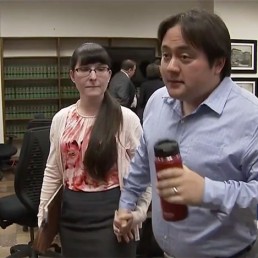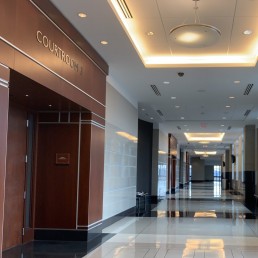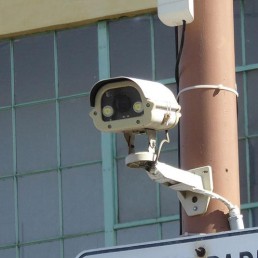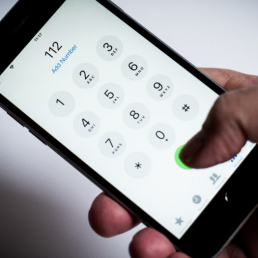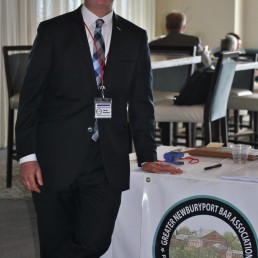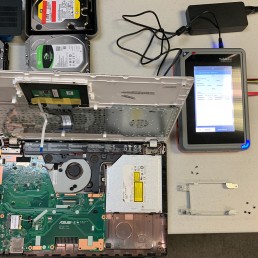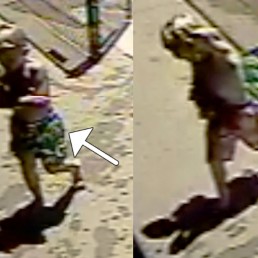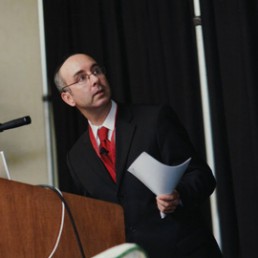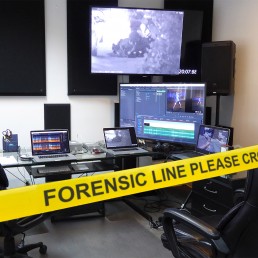December 29, 2019
Unprecedented Synchronization of 400 Videos Leads to Deadlocked Jury and Case Dismissal
As defense attorneys gathered hundreds of video recordings, NCAVF synchronized, analyzed, and clarified them into a one hour, 50 minute video.
November 21, 2019
Antiquated Courtroom Playback Degrades Resolution of Your Evidence
How the courtroom could accidentally alter and degrade your evidence. We just experienced this in court.
November 4, 2019
Attorney testimonials like this make us grateful that even as we grow we continue providing first class service.
I am comforted that we are continuing to provide excellent service even as we grow. Thank you for your continued support.
September 10, 2019
Video Evidence Deemed Questionable by NCAVF Testimony Caused DA to Drop Charges
Video evidence used against our client was highly questionable, and once NCAVF testified about the concern, the DA dropped charges.
September 8, 2019
Can Police Officers Force You to Unlock Your Phone?
Judge rules that just like police cannot force you to unlock your phone using a passcode, so too they cannot force the use of any other unlock method such as your finger, iris, or face.
August 1, 2019
Speaking at CLE by the Sea 2019 to sole proprietorship and small business attorneys
Law firms can be as small as one person and as large as many thousands of employees. This conference focused on the small business, and I was proud to be a part of it.
July 4, 2019
Set the Truth Free. New forensic tools can break the code.
Inside your locked computer or cellphone evidence is a treasure trove of location data that may be able to be hacked and tapped into.
June 23, 2019
Deluge of Digital Video and Audio Evidence
Attorney Michael Schwartz crafts a concise list of crucial advice, warnings, and tips to attorneys who are going to mediation or trial with video or audio evidence.
January 27, 2019
NCAVF Video Forensics Key in $21.5 Million Wrongful Death Case
The largest ever verdict involving a child drowning in Illinois comes after only 1 hour, 20 minutes of deliberation.
January 10, 2018
When Toys Become a Threat to Privacy
It may seem unexpected, but technology in the toy industry has made it so that consumers have to question what to do when toys become a threat to privacy.
November 22, 2017
Video and Audio Evidence In Court: How to Prevail In Civil and Criminal Cases by Properly Utilizing Audio, Video, and Still Image Evidence
I was so frustrated seeing attorneys make the same mistakes that I had to prepare this class.
